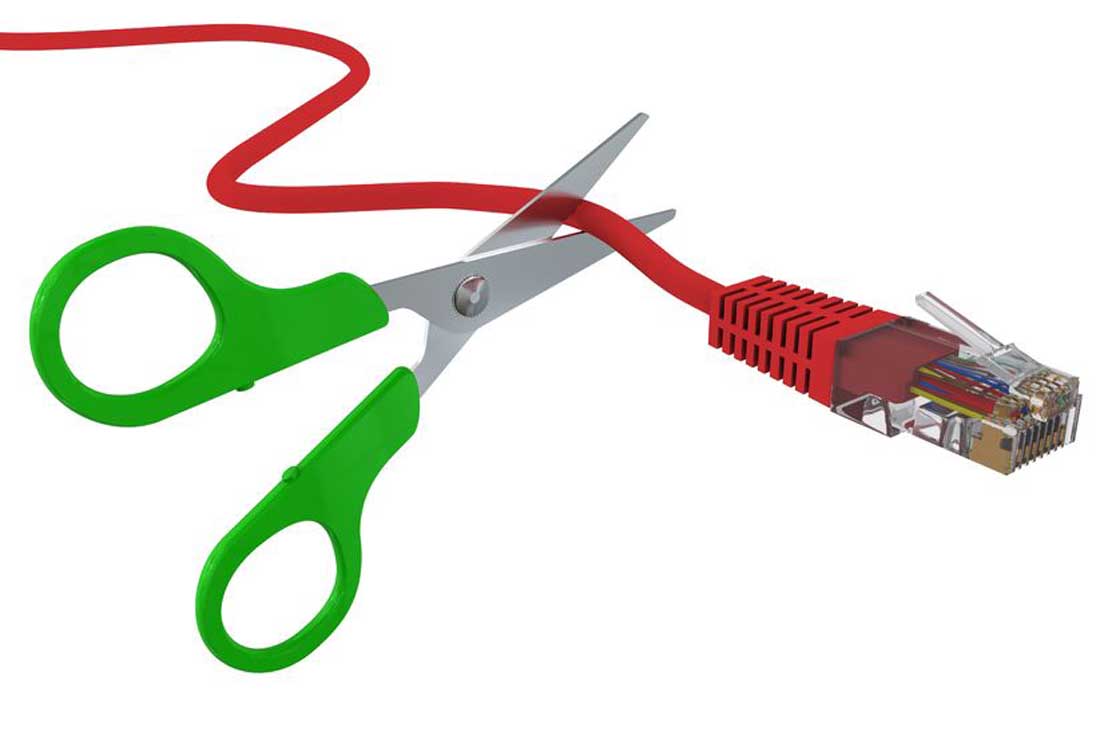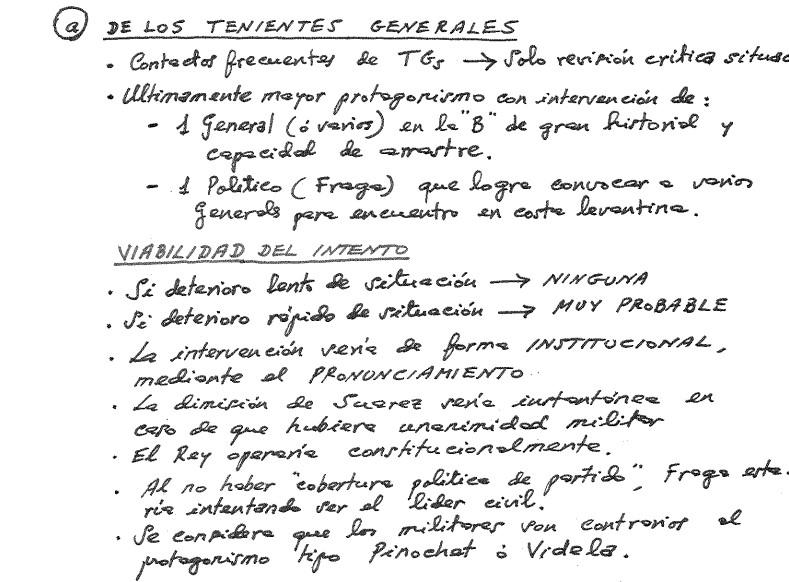TRABAJO Y DESCONEXIÓN.
El desarrollo tecnológico nos conduce a la dependencia, prácticamente total, de los recursos que se van implantando tanto a nivel individual como grupal. La incorporación de estos en las organizaciones conlleva un aumento del estrés en el entorno laboral, denominado “tecnoestrés”, que incrementa el riesgo de daño a la salud, pues afecta directamente a los periodos de descanso.
En Francia, se ha establecido una norma para garantizar el derecho a la desconexión digital, pero ¿realmente es necesaria? Los empresarios no deberían entrometerse en el tiempo libre de los trabajadores y estos pueden hacer caso omiso de cualquier información recibida fuera de la jornada laboral. No obstante, existen múltiples factores que complican o favorecen cualquier medida que se tome para aliviar o respetar de manera tajante el descanso y facilitar la desconexión de los problemas laborales, tales como: la globalización y la diferencia de horarios, el contenido y responsabilidad del puesto de trabajo, la adicción creciente a las nuevas tecnologías, la personalidad y visión de cada individuo.
La solución pasa por la conciencia que los directivos y trabajadores tengan al respecto y no, necesariamente, por su regulación. La legislación de cada país establece una jornada laboral, por lo que no es posible la imposición de medidas disciplinarias por atender llamadas o contestar mensajes fuera del horario laboral.
El cierre de sesión automático una vez finalizada la jornada laboral y hasta el inicio de la misma; solicitar un teléfono de empresa que no llevaremos a casa; si hay que enviar algún correo, evitar poner en copia a personas que no están directamente relacionadas con el asunto, y concienciar al resto de trabajadores en la reducción del envío de estos fuera del trabajo son medidas a adoptar para evitar este problema.
“El arte del descanso es una parte del arte de trabajar”. (John Steinbeck).
WORK AND DISCONNECTION.
The technological development leads us to the almost total dependence of the resources that are being implanted both individually and as a group. The incorporation of these in organizations leads to an increase in stress in the workplace, called «techno-stress», which increases the risk of damage to health, since it directly affects rest periods.
In France, a norm has been established to guarantee the right to digital disconnection, but is it necessary? Mangers should not interfere in workers’ free time and they can ignore any information received outside the working day. However, there are multiple factors that complicate or favor any measure taken to alleviate or sharply respect rest and facilitate the disconnection of labor problems, such as globalization and time difference, content and responsibility of the position of work, the growing addiction to new technologies, the personality and vision of each individual.
The solution involves the awareness that managers and workers have about it and not, necessarily, its regulation. The legislation of each country establishes a working day, so it is not possible to impose disciplinary measures for answering calls or answering messages outside working hours.
The automatic closure of the session once the working day has ended and until the beginning of the same; request a business phone that we will not take home; if you have to send an email, avoid putting a copy in people who are not directly related to the matter, and make the other workers aware of the reduction of sending them out of work are measures to adopt to avoid this problem.
“The art of rest is a part of the art of working”. (John Steinbeck)
Antonio González Losa
— oOo —





















